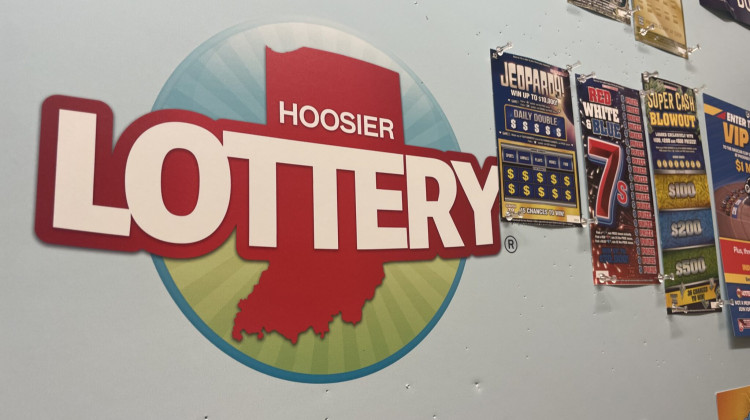Businesses that don’t factor in environmental risks could face financial consequences. That was one of the topics at Wednesday's 21st annual Pollution Prevention Conference in Indianapolis.
Karen Lutz is the sustainability director for engineering, environmental consulting, and construction firm TRC Solutions. She says today businesses have to think about their impact on the environment and how the climate will impact them.
Lutz talked about the company Arkema, which got in legal trouble because it failed to prepare for flooding which led to chemical fires during Hurricane Harvey.
“The chemical safety board said given the increasing frequency and severity of these events, the chemical industry needs to be prepared for the worst case scenario,” she says.
READ MORE: New Tools Help Cities Adapt To Climate Issues
Lutz says decades ago businesses were mostly concerned with complying with environmental regulations. Now she says customers and investors want to see that a business is working to reduce its carbon footprint — and not doing so could damage its reputation.
“It’s something to be responsive to and what happens is, in our age of social media, these things travel so quickly,” says Lutz.
Lutz says with so many financial risks associated with the environment, it's important to make sustainability a part of every aspect of a business. She says sustainability professionals also need a seat at the table in higher level discussions.
Among other activities at the conference, the following recipients accepted the Indiana Governor's Awards for Environmental Excellence:
- Toyota Motor Manufacturing of Indiana in Princeton: Most notably for reducing 14 million gallons of water a year and its volatile organic compounds
- Michigan City Area Schools: For its seven ground-mounted solar arrays resulting in energy savings to the schools
- Shirley Heinze Land Trust: For establishing the Little Calumet River Corridor, more than 1,200 acres of protected land including wetlands, floodplains, and riparian river habitat
- City of Carmel: For its urban forestry program which included planting and preserving trees, soil sampling, and establishing no mow areas
- LaPorte County Health Department: For it's ordinance requiring a septic system inspection prior to the transfer of a property, ensuring residents have safe drinking water and adequate wastewater
- Town of Merrillville: For stormwater infrastructure improvements using recycled materials
- National Office Furniture in Jasper: For its robotic finishing project
Indiana Environmental reporting is supported by the Environmental Resilience Institute, an Indiana University Grand Challenge project developing Indiana-specific projections and informed responses to problems of environmental change.
 DONATE
DONATE








 Support WFYI. We can't do it without you.
Support WFYI. We can't do it without you.